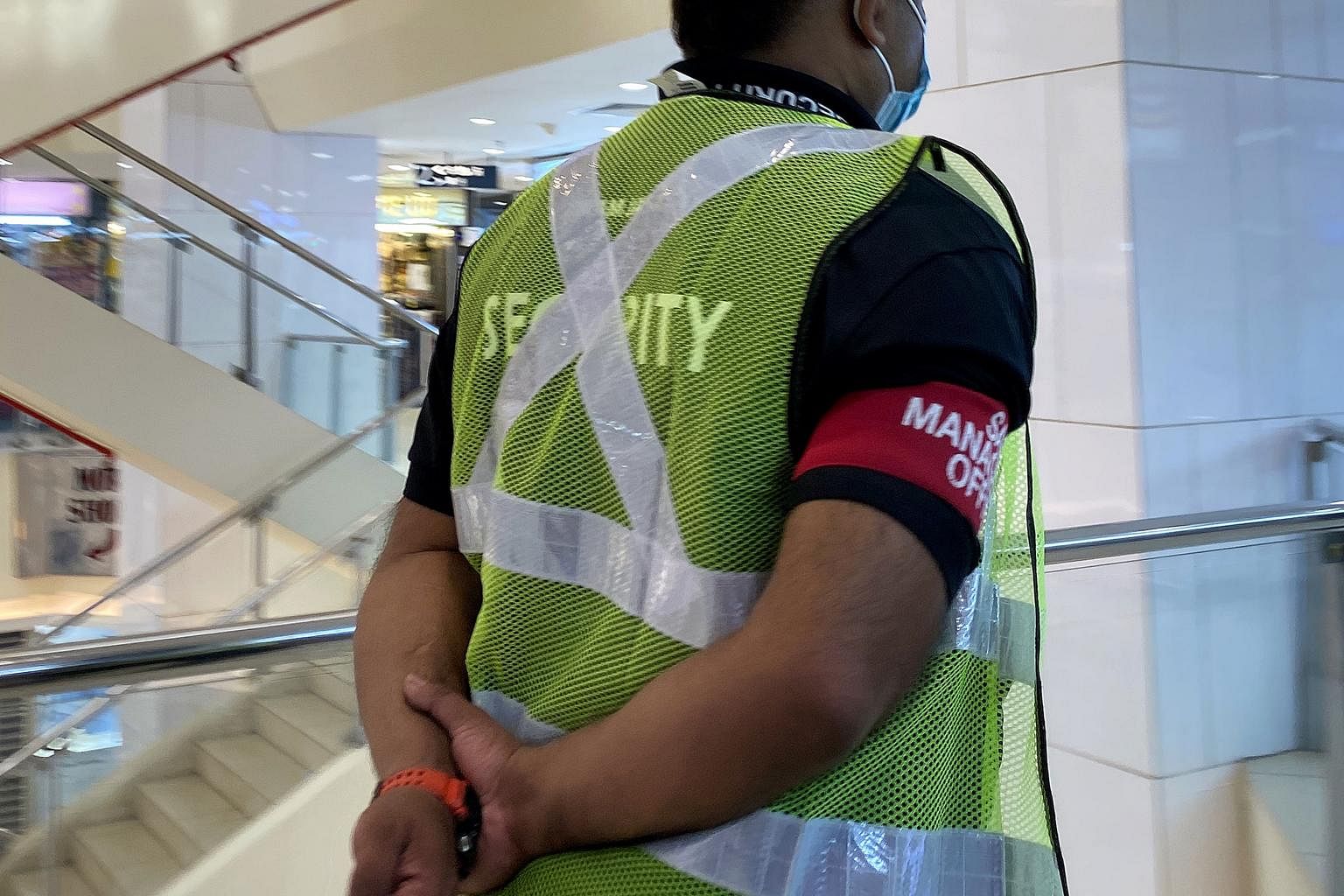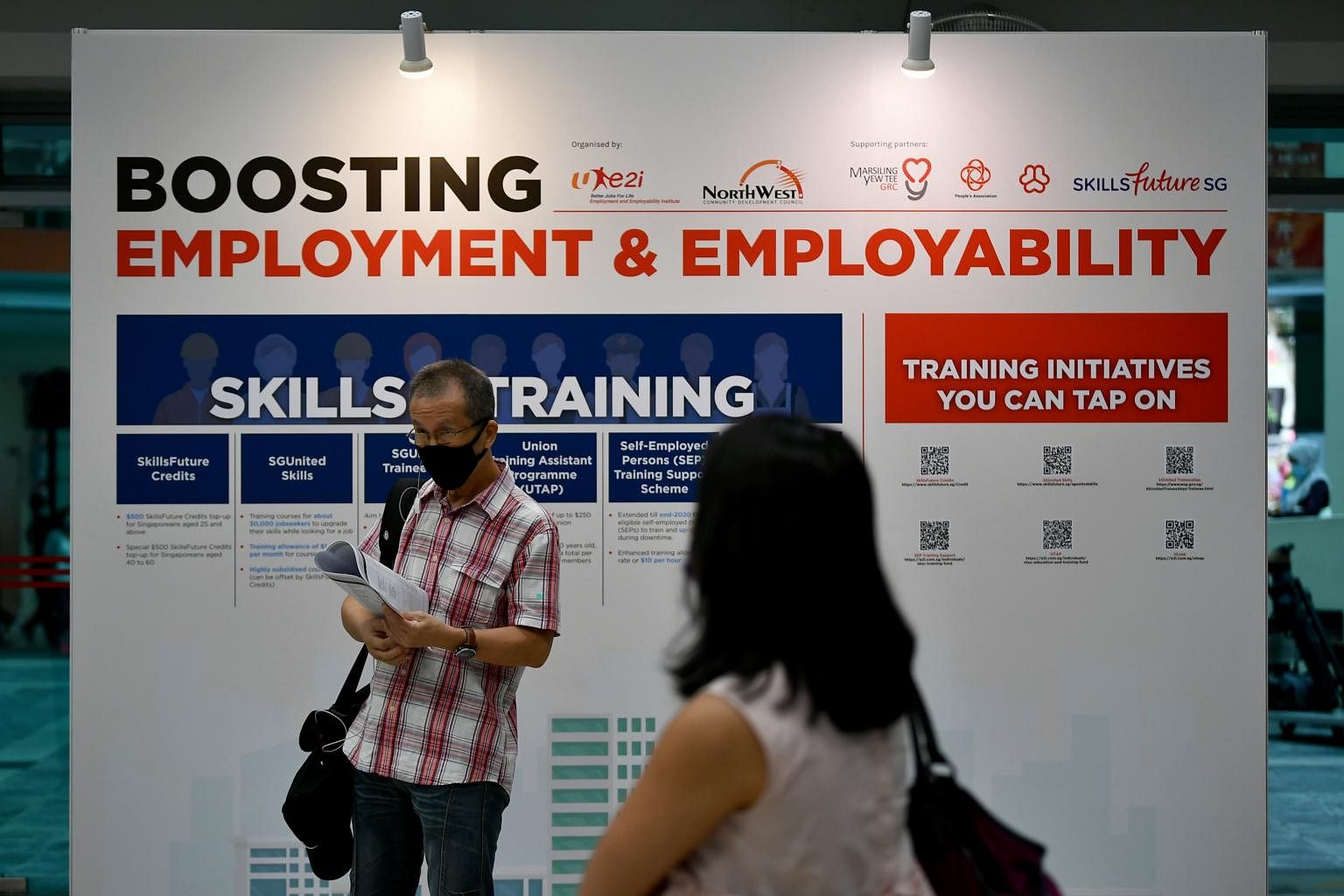SINGAPORE - The Auditor-General's Office (AGO) released its report on Wednesday (July 20), highlighting key lapses by various ministries and public agencies for FY 2021/2022. Here is a summary of its findings.
Health Promotion Board (HPB)
The AGO performed audits on Covid-19-related procurement and expenditure of three agencies: HPB, the Singapore Land Authority (SLA) and the Ministry of Manpower (MOM).
The three agencies generally had in place processes and controls and good practices for a timely response to the emergency situation while reducing costs for the Government, but the AGO noted areas for improvement.
For HPB, AGO's test checks of 134 swab personnel it engaged through external partners found that job applications and evaluation documentations for all of them could not be located for audit. HPB had also continued to pay the salaries for 51 swab personnel for one to six months after their contracts had ended.
HPB said the high volume of work and frequent staff turnover resulted in gaps in record-keeping. Given the urgent need to ramp up testing capability, formal written agreements were also not prioritised during the emergency.
Since September 2021, it has transitioned to acquiring manpower services from commercial agencies and no longer enters into individual contracts with swab personnel.
On the salary overpayments, HPB said it conducted a review in January 2021 - before AGO's audit - and found 868 cases with overpayments totalling $1.60 million. Of these, 657 cases have either repaid in full or are on instalment repayment plans, while 211 cases totalling $480,000 were outstanding.
Singapore Land Authority (SLA)
The AGO found lapses in six contracts totalling $147.19 million to set up accommodation facilities for individuals affected by Covid-19.
In all six contracts, there was inadequate assessment of the reasonableness of prices quoted by the contractors, which meant insufficient assurance that SLA obtained value for money for the procurement.
In four of the contracts, the AGO found that the prices quoted for items such as Wi-Fi and utilities were signficantly higher than other comparable sources.
SLA said it faced challenges sourcing manpower and materials then, and it had limited expertise and knowledge relating to the retrofitting of properties into temporary accommodation facilities.
There was also a pressing need to have the sites up and running in time to meet urgent operational requirements, it added.
Ministry of Manpower (MOM)

The AGO found that 53 payments totalling $72.78 million that MOM made for manpower services had inadequate checks.
These included instances of the same security personnel being deployed to two different sites for the same shift, and duplicate records of the same security personnel being deployed for the same shift.
The AGO also found a case where a senior approving authority in MOM decided not to extend a $2 million contract for manpower services, given that other contractors had submitted lower quotes.
However, MOM officers subsequently sought approval to extend the contract with the incumbent contractor with a quote that was the lowest compared with the other contractors.
Information on when the revised lower quote was provided by the contractor and information about the senior approving authority's earlier decision not to extend the contract were omitted from the tender submission.
MOM said controls over payments checks could have been tightened, and that it has fully recovered the overpayments. It has also strengthened the payment verification process for current manpower services contracts.
The ministry has also made a report about the discrepancies and omissions relating to the contract extension.
Ministry of Home Affairs (MHA)
The AGO found lapses in the management of contract variations for two development projects totalling $333.24 million.
It found inadequate assessment of cost reasonableness in 198 of 199 star rate items totalling $4.61 million. These are items for which rates are not listed in the contract.
There were also lapses in valuations of contract variations, and no supporting documents to substantiate some payments.
The AGO also flagged concerns over the authenticity of quotations provided to MHA, with possible irregularities in quotations for 531 out of 752 star rate items it test-checked.
MHA said it has taken immediate steps to strengthen contract monitoring processes. It will be recovering the overpayments from the contractors and issuing warning letters to the consultancy firms.
It will also implement additional measures to ensure that contracted building works are carried out in accordance with contractual requirements and prevailing regulations.
It has lodged police reports about the possible irregularities.
Ministry of Communications and Information (MCI)
Arising from complaints, the AGO audited the Whole-of-Government Period Contract and Framework Agreement (WOG PCFA) on creative services for communications campaigns administered by MCI. Period contracts let public sector agencies procure goods and services at pre-determined rates for an agreed period of time.
The AGO found a lack of clarity on units of measurement for certain items that tenderers had to quote for. For the same service item, one tenderer submitted a bid of $900, while another submitted a bid of $82,800.
MCI did not ascertain whether the tenderers had quoted on a like-for-like basis for items where quotes varied significantly, and proceeded to appoint the tenderers to the panel.
MCI also did not monitor the spread of contracts awarded to vendors. As at Dec 31 last year, the top vendor was awarded $124.06 million, or 38 per cent of the total procurement of $322.74million.
MCI said it would ensure that future tender bids were evaluated on a like-for-like basis, and that it would look into how future tenders could be structured to build up players in the creative services industry.
SkillsFuture Singapore Agency (SSG)

The AGO noted lapses in the management of grants by SSG, resulting in estimated overpayments of $4.22 million. There was inadequate monitoring by SSG and its outsourced service provider to ensure that grants disbursed were valid, correct and in compliance with grant terms and conditions.
SSG was also lax in collecting the Skills Development Levy (SDL) from employers, with an estimated $43 million in SDL outstanding as at April 2022. SSG was also tardy in its enforcement action, with gaps of up to 17 months between payment reminders, said the AGO.
SSG said it would strengthen its rules to ensure consistency and robustness in its grant disbursement. It has also undertaken a comprehensive review of the enforcement of SDL collections.
Ministry of Finance (MOF)
The AGO identified 5,120 instances where GST Voucher U-Save rebates amounting to $864,500 could have been given to 3,166 ineligible households. The majority of the cases were instances where the registered Singapore citizen flat owner or occupier had died.
The cases arose mostly due to time lag issues in the data used for determining eligibility, noted AGO.
MOF said it would work with HDB and the Immigration and Checkpoints Authority to ensure it is relying on updated living and citizenship status data, and would review the feasibility of recovering the rebates given to ineligible households.
Ministry of Social and Family Development (MSF)
The AGO found lapses in control over cash and supermarket vouchers at two social service offices (SSOs), as officers had signed off on logbooks, indicating they had performed required checks even though they did not do so.
Closed-circuit television footage showed instances where officers were not present to witness the opening and closing of safes or count the cash and vouchers to ensure they tallied with the books, yet the logbooks were signed off.
There were also weaknesses in the management of IT accounts in MSF's Social Service Net (SSNet), which is used to administer ComCare assistance schemes.
These include delays in removing 376 accounts that belonged to users who had left MSF, and a system administrator account that was no longer needed by an IT vendor.
MSF said it would strengthen the onboarding and training of SSO officers, and has terminated unneeded accounts that were still active.


